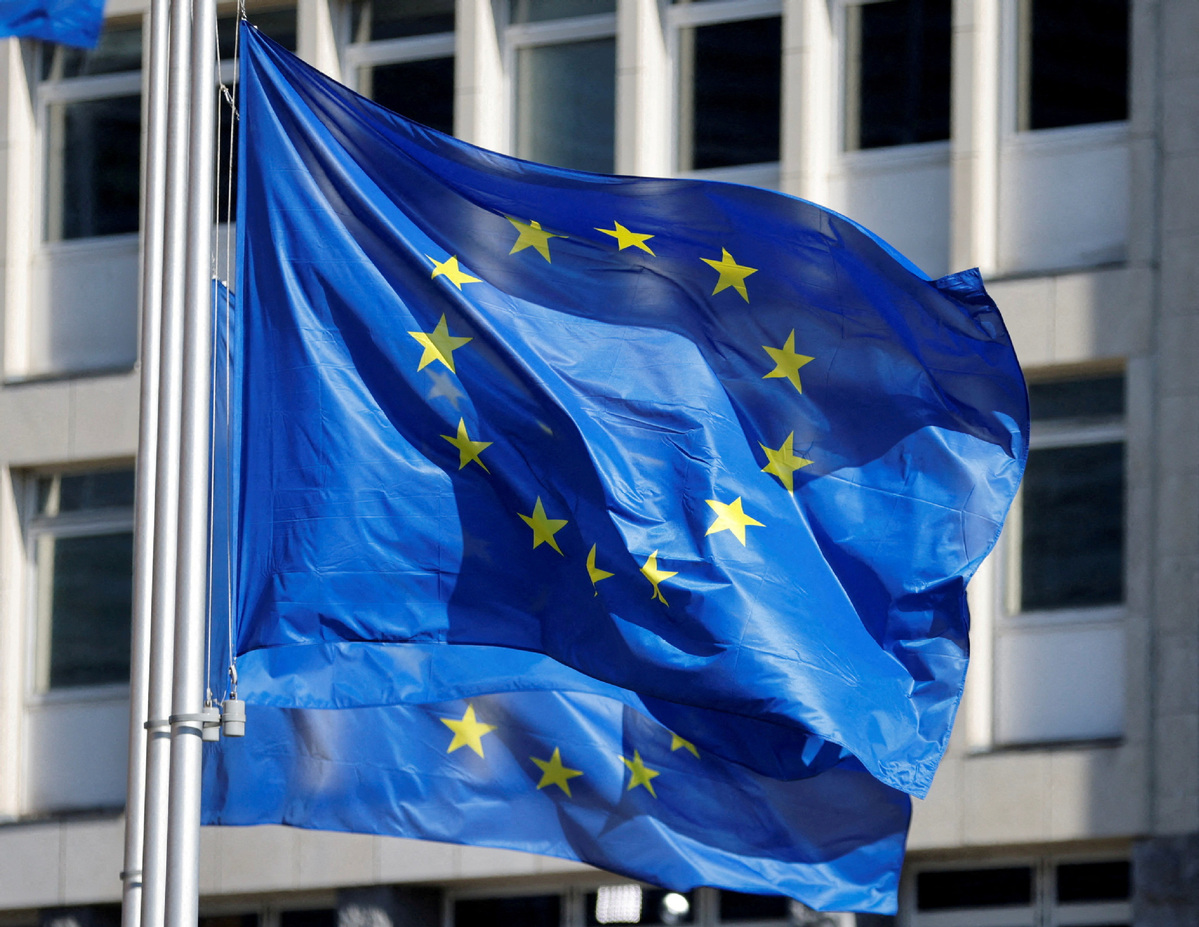Time for EU to treat Latin American and Caribbean states as equal partners


European Union leaders tried to show their unity and solidarity with the Community of Latin American and the Caribbean States (CELAC) at their third summit in Brussels last week, but their differences on key issues could not have been more apparent.
The fact that the last EU-CELAC summit was held eight years ago speaks volumes about the importance the EU attaches to the countries in the region. For all practical purposes, the EU had all but forgotten CELAC and woke up only now after realizing it needed to import lithium and other raw materials from CELAC members such as Chile and Argentina.
Some CELAC leaders at the summit reminded the EU that Latin America, the Caribbean and Europe are all civilizations, a clear reference to EU foreign policy chief Josep Borrell's statement in October 2022 that Europe is a garden and the rest of the world is a jungle.
Cuban President Miguel Diaz-Canel was straightforward in emphasizing that Latin America and the Caribbean are no longer the backyard of the United States. "Nor are we former colonies that require advice, nor will we accept being treated as mere suppliers of raw materials. We are independent and sovereign countries, with a common vision of the future," Diaz-Canel said.
A declaration issued after the summit noted the United Nations General Assembly resolution last year on ending the embargo against Cuba and did not mention the US by name. The declaration does not condemn the US for the "re-designation of Cuba as a state sponsor of terrorism" but simply says that it has created obstacles for international financial transactions with the island.
The huge rift between the two sides was apparent even before the summit, as EU leaders had to withdraw the invitation to Ukrainian President Volodymyr Zelensky due to the strong opposition of CELAC members.
While European Commission President Ursula von der Leyen talked about the importance of upholding the UN Charter and international laws on the Russia-Ukraine conflict, some CELAC leaders reminded her of the double standard and hypocrisy of the EU on other regional conflicts.
Brazilian President Luiz Inacio Lula da Silva has long called for employing diplomacy to help end the Russia-Ukraine conflict. At the summit, he strongly criticized the West for supplying arms and military equipment to Ukraine, saying "the race for weapons makes tackling (issues like) climate change even more difficult". His statement resonates with many countries across the world.
Due to the sharp differences between the two sides, the declaration only says that "we express deep concern on the ongoing war against Ukraine", rejecting the EU's insistence on "condemning Russia".
Like all the countries in the developing world, none of the 33 CELAC members has joined the US and the EU in imposing economic sanctions against Russia despite Von der Leyen referring to the CELAC members as "like-minded friends".
While the EU has vowed to invest €45 billion ($50 billion) in CELAC member countries by 2027 through its "Global Gateway" initiative, Brazil's ambassador to the EU Pedro Miguel da Costa e Silva reminded the EU that the Global Gateway "should be more informed about the needs of the countries in the region".
The EU has long projected its Global Gateway as a counterweight to the China-proposed Belt and Road Initiative, but CELAC members welcome investments in fields such as infrastructure from all countries and reject the idea of making CELAC a geopolitical battleground. So far, the EU's Global Gateway remains largely an initiative of empty promises compared with the Belt and Road Initiative.
Tired of listening to EU leaders lecturing developing countries, Brazilian President Lula lambasted the EU for making environmental demands while negotiating the long-stalled Mercosur trade agreement between the EU and Argentina, Brazil, Paraguay and Uruguay. Calling the EU's letter to Mercosur "a letter that threatened punishment if we didn't meet certain environmental requirements", he said "two strategic partners do not discuss threats, we discuss proposals".
It's time for the EU to rediscover Latin American and the Caribbean countries not as former colonies but as independent and sovereign nations.
The author is chief of China Daily EU Bureau based in Brussels.
chenweihua@chinadaily.com.cn


































